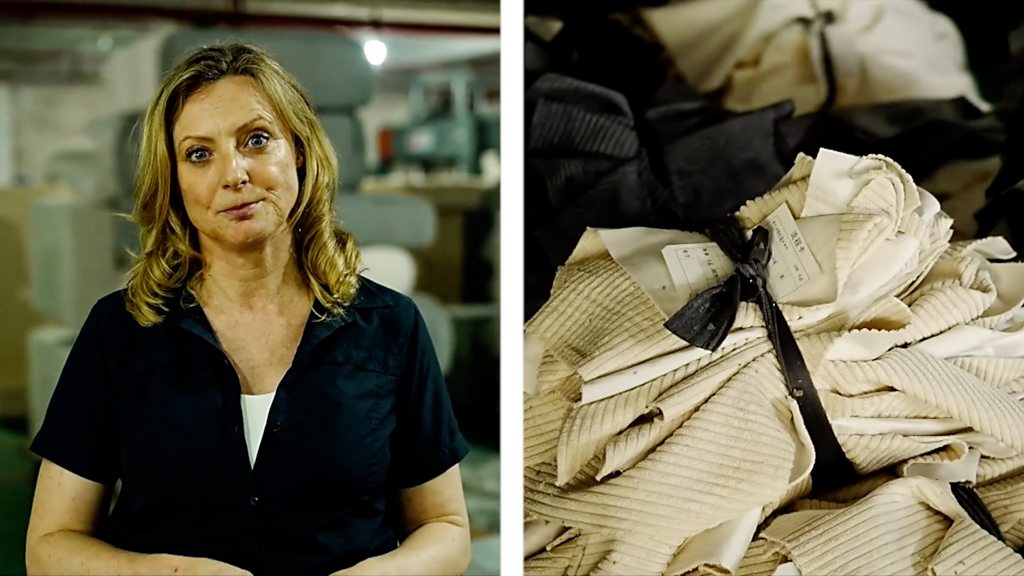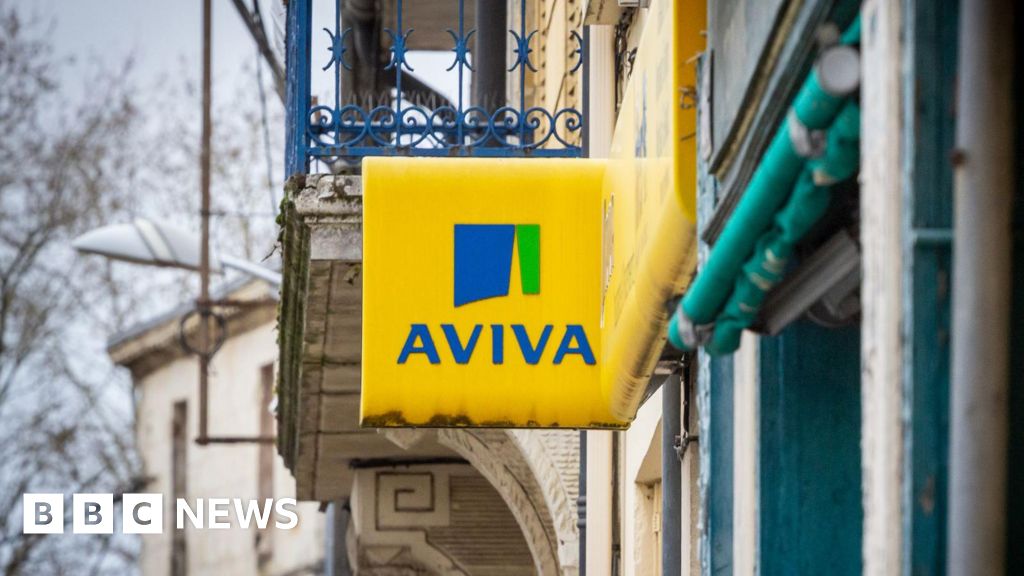ARTICLE AD BOX
26 minutes ago
Ian Youngs,Culture reporter
The Evening Standard newspaper has announced plans to drop its daily print edition and go weekly.
The London paper launched in its original incarnation in 1827, and became free of charge in 2009.
An email to staff on Wednesday said more home working, and the availability of wi-fi on the Tube, were among the factors that had harmed its fortunes.
It said "a proposed new weekly newspaper would replace the daily publication".
The paper's circulation has dropped from 850,000 to 250,000 in the past five years, and it has lost £84.5m over the latest six years.
There has been speculation about its future for some time.
The paper's forerunner, named the Standard, launched 197 years ago, with an evening version added in 1859.
The Evening Standard was bought by businessman and former Russian agent Alexander Lebedev and his son Evgeny in 2009.
When they took over, the circulation shot up from about 250,000 after they decided to make it free and rely on income from advertising instead of the cover price.
Despite remaining free, the circulation has dropped back to around 2009 levels.
Last year, Bloomberg reported that new Standard editor Dylan Jones said he took the job on the condition that its owners didn't shut down the print edition.
However, earlier this month he admitted he "never" read a print newspaper, according to the Press Gazette.
The Lebedevs also bought the Independent in 2010, and scrapped that paper's the print edition entirely six years later.
Wednesday's email to Standard staff said: "Although, this process may be unsettling, our goal is to replicate our previous success with our sister title, The Independent, which has seen enduring growth in readership and commercial success following its own strategic transition in 2016."
Twelve million people access the Standard's digital platforms every month, with half of that traffic coming from outside London and overseas, it said.
It added that a "new commercial approach would reinforce the relationship between our 24/7 digital platforms and our weekly publication.
"This new combination would place more emphasis on delivering our world-class content to the broadest readership possible, while collaborating with advertisers to reach this audience in the most accessible, creative, and relevant manner."
The company has not given details of any job losses.

 11 months ago
34
11 months ago
34








 English (US) ·
English (US) ·